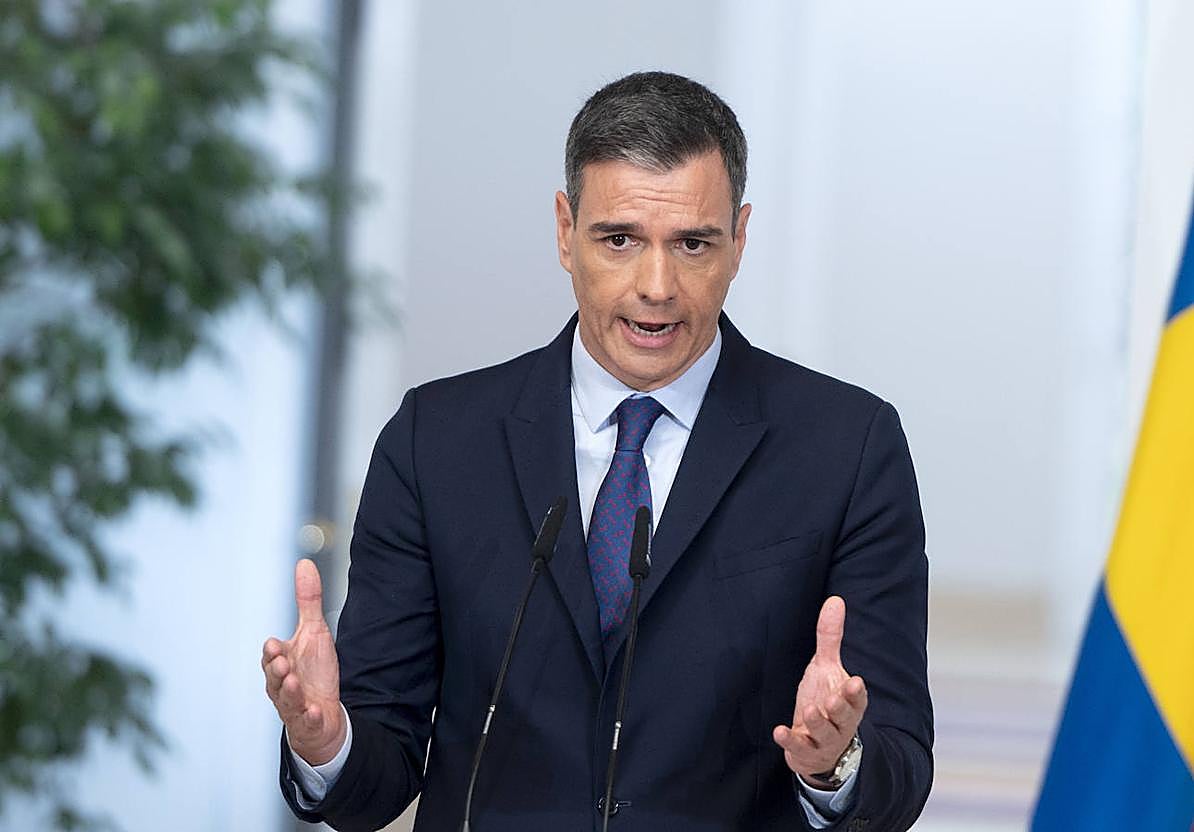Any last requests?
Pedro Sánchez's government has requested another massive EU loan ahead of the early general election on 23 July - some 86 billion euros
Spain has been repeatedly nagged by the EU for details on how much of its "Next Generation" recovery funds it has already spent and on ... what. But instead of giving Brussels definitive answers to both questions, Pedro Sánchez's government has made the situation even murkier by requesting another massive loan ahead of the early general election on 23 July - some 86 billion euros, to be precise, a quarter of which will apparently be managed by the European Investment Bank (EIB).
This is the last chunk of Next Gen funds to which Spain is entitled: it comes on top of the 70 billion in loans and grants already allocated to Madrid (although the final destinations of those already spent, or said to have been spent, remain shrouded in mystery) and had to be requested before the end of this month.
One wonders if this final request is going to figure in Sánchez's message to the country before the July election. This was the tactic used by Portugal's Socialist prime minister, Antonio Costa, who called a snap election last January for the same reason as his Spanish counterpart - to win a majority and thus break free from smaller leftist parties and prop-up arrangements (from Podemos, Basque groups and Catalan separatists, in Sánchez's case). Costa's line was that political stability was essential for effective deployment of the EU aid - and it worked. He won a majority. But Costa wasn't facing a centre-right bloc as galvanised as Spain's is after nationwide victories on 28 May.
Announcing the new request on Tuesday, economy minister Nadia Calviño said, "It's about having a safety net so that in the coming years and beyond 2026 [the deadline for receipt of all Next Gen funds] we can maintain the strong public and private effort that we have put in place." Who's the "we" in that sentence? The PSOE, of course. In November 2021, Sánchez unveiled the biggest budget in Spain's history, pumped with almost 30 billion euros of EU aid; now, as the next election approaches, he wants to portray the Socialists as the only reliable stewards of this supposed economic and social transformation, just as Costa did in Portugal.
That the EIB would manage around 20 billion euros of the last tranche of funds could provide Eurosceptic Vox with an easy target. Spain, it could say, is relinquishing control to a centralised institution (albeit one which has invested 227 billion euros in the Spanish economy since 1959) with its own agenda - exactly the kind of external interference that it maintains is bad for the country.
Vox - and potentially the PP as well, although it's generally more pro-EU - could ask centre-right voters, "Who do you want controlling Spain's Next Gen funds - Brussels or Madrid?" Not that Sánchez's government has set the bar particularly high in this respect, mired as it is in opacity and bureaucracy.
¿Tienes una suscripción? Inicia sesión

